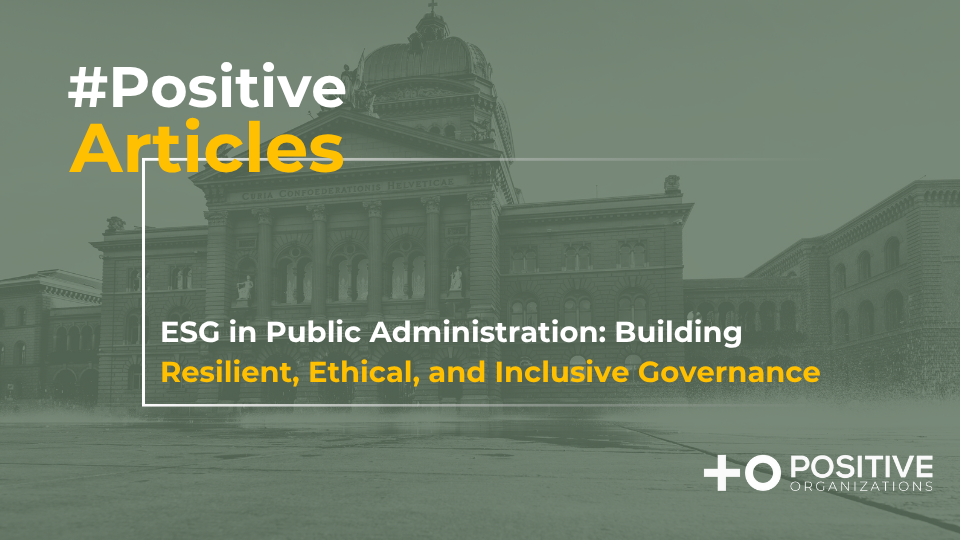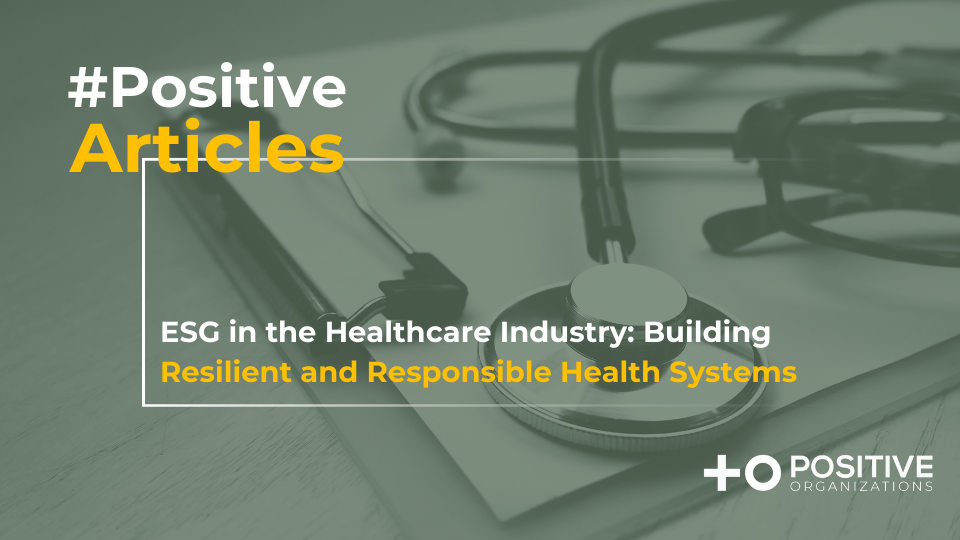News & Publications
.png)

The Corporate Sustainability Reporting Directive (CSRD) (EU Directive 2022/2464) is a new European Union law requiring companies to report how their business affects the environment, society, and governance. It aims to increase transparency and ensure companies provide reliable data on their sustainability efforts, allowing investors, customers, and other stakeholders to make more informed decisions.
The Corporate Sustainability Reporting Directive (CSRD) is a significant update to the earlier Non-Financial Reporting Directive (NFRD) aimed at addressing its limitations. While the NFRD required some large companies to report on non-financial issues, it needed more clarity and consistency and it applied to a limited number of businesses. The CSRD expands this scope, mandating that around 50,000 companies in the EU, including non-EU companies with significant regional operations, provide detailed reports on environmental, social, and governance (ESG) matters. This reflects the growing importance of sustainability in corporate operations.
One of the critical changes in the CSRD is the requirement for companies to produce more rigorous and comparable data on their ESG activities. The directive introduces mandatory auditing of sustainability reports, much like financial audits, to ensure accuracy and reliability. This helps combat greenwashing, where companies falsely claim to be more sustainable than they are. Independent third-party audits will verify companies' data, ensuring that sustainability efforts are genuinely reflected in their reports.
The CSRD applies to companies of all sizes, with specific criteria for large, medium, small, and micro-enterprises based on total assets,revenues, and the number of employees. For example, large companies must meet at least two of the following criteria: €25 million in assets, €50 million in revenues, or 250 employees. The directive will be implemented in phases, with different timelines depending on the company’s size and type.
Under the CSRD, companies are required to report on the three ESG pillars:
● Environmental: This includes data on climate change, pollution, biodiversity, and carbon emissions (Scope 1, 2, and 3, where relevant).
● Social: This covers human rights, working conditions, gender equality, diversity, and community engagement.
● Governance: Companies must disclose information on business ethics, anti-corruption efforts, corporate governance, and transparency in executive compensation.
A central concept of the CSRD is "double materiality." Companies must report on how sustainability issues affect their business performance (outside-in perspective) and how their operations impact the environment and society (inside-out perspective). This holistic approach ensures companies provide a full picture of their ESG efforts.
Companies must align their reports with the European Sustainability Reporting Standards (ESRS), which integrate other international frameworks like the Global Reporting Initiative (GRI). This allows companies to meet both European and global sustainability requirements. Reports must be included in a company’s annual management report and provided in a digital format, ensuring that sustainability and financial performance are considered together.
By improving the quality and transparency of sustainability data, the CSRD aims to build trust among stakeholders—investors, customers, or regulators. Reliable ESG data allows investors to make informed decisions, helps companies benchmark their performance, and ensures regulators can properly enforce sustainability laws. While the CSRD presents challenges, such as increased reporting burdens and costs, it also offers opportunities for companies to improve risk management, gain competitive advantages, and enhance their reputation.
The Corporate Sustainability Reporting Directive (CSRD) is a significant regulatory development that will profoundly impact businesses across Europe. As the compliance deadline approaches, it is essential for companies to understand the requirements and develop strategies to meet them.
At Positive Organizations, we can provide you with all the assistance you need to navigate the complexities of CSRD.
Compliance Assessment and Strategy Development involves conducting a thorough gap analysis to evaluate your current practices against the CSRD's requirements and identify areas for improvement. Based on this analysis, a customized roadmap outlines the steps needed to achieve compliance, including timelines and resource allocation. Additionally, support is provided in formulating ESG strategies that align with your business objectives and values.
ESG Regulatory Guidance ensures that your organization stays informed about the latest updates and changes in CSRD regulations. Support is offered in interpreting complex regulatory requirements, ensuring compliance, and sharing industry best practices and benchmarks for effective ESG implementation.
Data Collection and Analysis: Assistance is provided in identifying relevant data sources and implementing efficient data collection methods. Once the data is gathered, it is analyzed to uncover trends, risks, and opportunities. Comprehensive sustainability reports are then prepared to meet the CSRD standards.
Key impacted stakeholders such as customers, employees, and institutions are identified for Stakeholder Engagement, and strategies are developed to engage them and address their concerns effectively. Additionally, assistance is provided in communicating your sustainability efforts and progress to these stakeholders.
Training and Workshops focus on enhancing skills within the organization. Training sessions are provided on ESG concepts, reporting requirements, and best practices while also raising employee awareness about the importance of sustainability. Capacity-building efforts help ensure that your organization has the necessary skills and resources to meet sustainability goals.
Finally, Assurance Services include helping organizations obtain limited or reasonable assurance for their sustainability reports, thereby enhancing credibility. This also involves verification to ensure the accuracy and consistency of the data being reported.
Start Your
Journey Today









.png)





